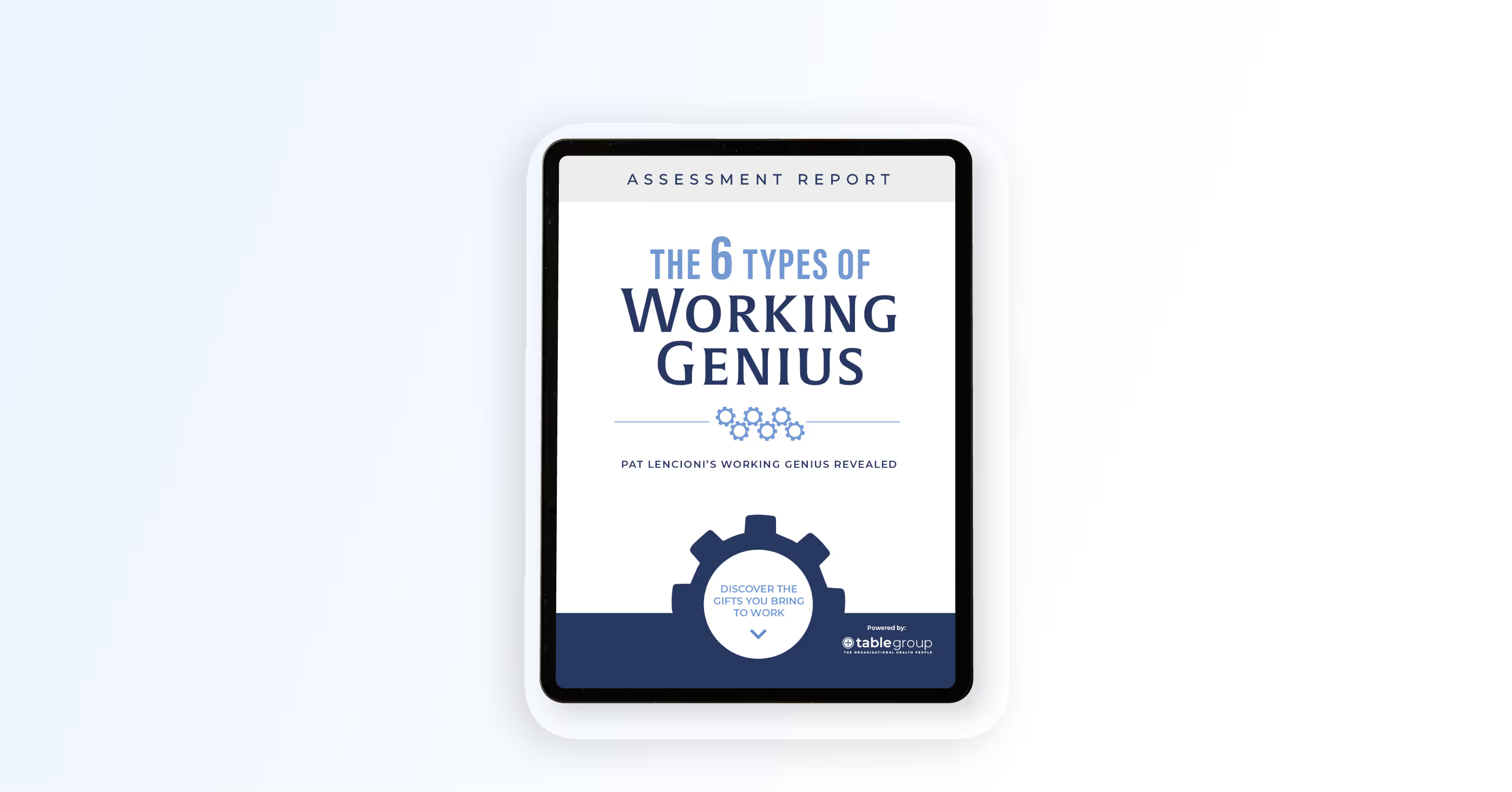What is Pogo-Sticking in SEO?
If you've done any research on SEO, you've probably stumbled across a term called "pogo-sticking". But what is it? What does it mean for your site?


The Worst Possible Outcome in SEO: “Pogo-Sticking”
If you’ve ever come across the term “pogo-sticking” in SEO or marketing articles, you’ve probably already gathered that it’s not as fun as it sounds - at least not by this definition. Pogo-sticking, in SEO, is a term coined by Google. Pogo-sticking is a term used to describe what happens when a user enters your site from a search engine results page (SERP) and then exits your page, going back to the SERPs. From there, they click the next result or head to a different website. This is the absolute worst case scenario in SEO. It’s worse than high bounce rates, low times spent on page, or any of the other metrics you’ve been told to worry about. Why? Because it suggests that your content does not answer the search query that someone had when they found your result.Too many pogo-sticking incidents and you’ll find that Google and other search engines quickly downgrade your site to a lower result.
Preventing Pogo-Sticking: It’s All About Providing Value. To prevent pogo-sticking on your website, you don’t have to work out some advanced page layout strategy or compelling calls to action. While these elements might be helpful, you should know that the only way to effectively stop pogo-sticking is to provide a meaningful answer that solves someone’s problem or answers their question.Think about how people land on your webpage:What kinds of search queries are you ranking for? What must people be thinking when they enter these queries into a search engine? If your site provides the best answer to a given question or solves a problem better than anyone else, you will likely have the lowest pogo-sticking rate.

Your page has to provide unique kinds of value that other pages don’t. But at the same time, it also has to provide the right kind of value. If someone is searching for a “snowblower repairman” and your page is all about buying a new snowblower, then you’re going to end up getting a lot of people that jump onto your website and then jump off. Even if your article is about snowblower repair, it’s possible that it simply fails to engage readers and convince them of your trustworthiness. In cases like these, you can expect even more pogo-sticking. Focus in on providing great value to your site visitors is the most important thing that you can do when developing your site’s content.
Pogo-Sticking as a Ranking Factor. The most important thing to know about pogo-sticking is that it’s not just a ranking factor - it’s one of the most important ranking factors. Most search engines care about two things: relevancy and trustworthiness. Backlinks and reviews convey trustworthiness.Relevancy, on the other hand, is assumed based on a variety of factors. One of these factors is pogo-sticking. How can a site’s content be relevant if users head to it and then end up looking elsewhere for results? In some cases, professionals in marketing and search engine optimization consider pogo-sticking to be the most important of all the ranking factors.It’s hard to say that this is the definitive answer, because only high ranking results even get clicks from the SERPs in the first place. Without backlinks, reviews, and relevant content playing a role, pogo-sticking doesn’t even have the chance to become relevant. That said, once your result gets high enough in the SERPs, you should definitely expect pogo-sticking to take over as the #1 ranking factor. Why? Because by the time you hit page one for a search query with any volume, almost every single result has relevant backlinks and content. To determine which is most relevant, pogo-sticking must be considered. https://feedbackwrench.com/multiple-domain-names
Free Guides & Blog Categories
We invest heavily in helpful content that assists small businesses owners.
Book a Consultation & Transform Your Business
Ready to transform your business? Book a call with Rob.












.avif)
.avif)









